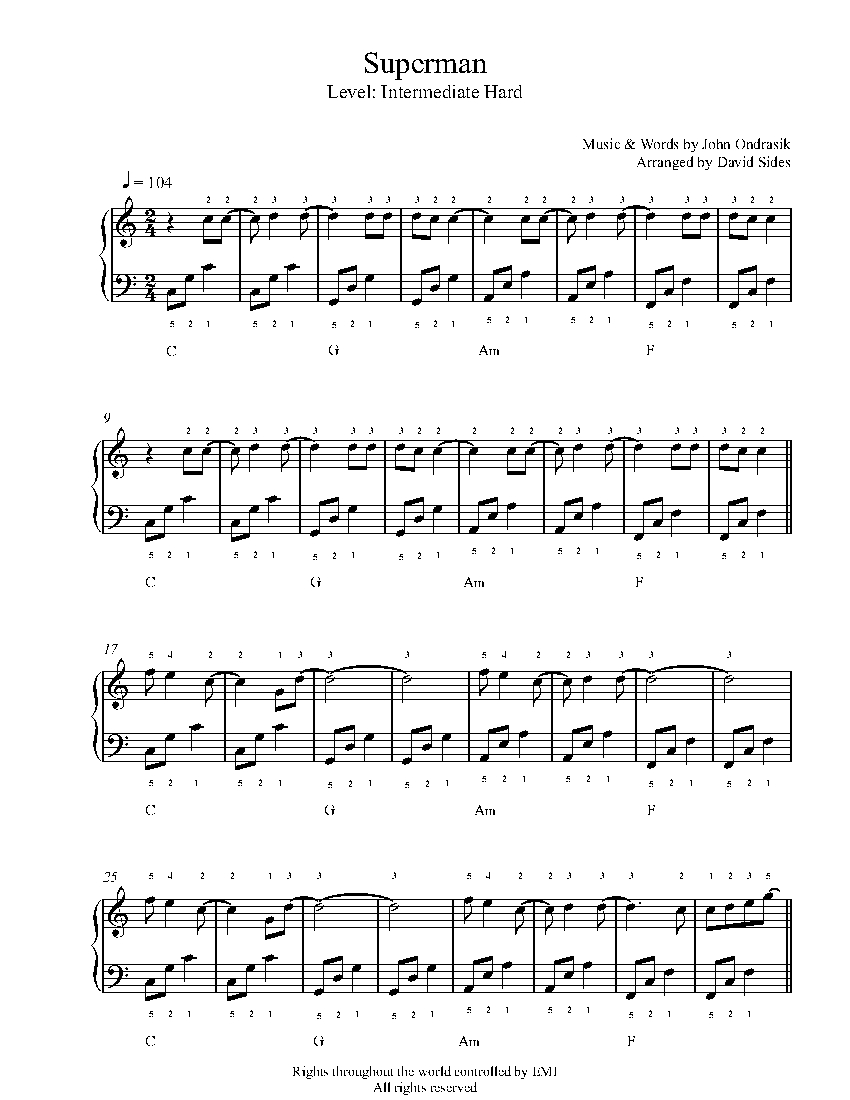
But they warned that sustained political uncertainty would take its toll.The Turkish press, as Deutsche Welle reports, is not taking sides but calling on both the government and the military to sort the problems out for the country’s sake. The country has huge foreign debt but is attractive to foreign investors.Īnalysts said the markets will likely recover if the government defuses tension by agreeing to early elections for Parliament, a move that could appease critics and clear the way for more vigorous implementation of economic reforms once a new government is in place. Turkey, a candidate for European Union membership, has been steadily recovering from a financial crisis in 2001, curbing inflation and pushing ahead with banking reform and other initiatives backed by the International Monetary Fund. dollar, compared to Friday's close of 1.33. Turkey's currency, the lira, slid against foreign currencies and was trading at 1.36 against the U.S.

One effect of the crisis was almost predictable: The turmoil unsettled traders in Istanbul, where the benchmark index, the IMKB-100, was down 4.01 percent at 44,984.45 points by closing, after opening down 7.99 percent. The army, which considers itself to be the guardian of Atatürk’s settlement, has quite openly threatened to deal with the situation if the government moved towards political Islamic structures and this has caused an immediate flap among the great and the good in Europe. In the first round he failed to win the necessary number of votes and, it is expected, that he will not get in till the third round, due to take place (Constitutional Court permitting) on May 9. In fact, Abdullah Gül is finding it more difficult to achieve the presidency than it had been expected. The fear is that with an Islamist President and an Islamist Prime Minister these attempts will be successful. There have been various attempts to criminalize adultery, restrict the sale of alcohol and lift the ban on the wearing of headscarves in government offices. Though, as he did not add, this may well have been because of the barely hidden threat by the army to overthrow any government that pushes Turkey towards an Islamic state and because of a secularist President who managed to control or overrule many of the proposals.

Prime Minister Erdogan, on the other hand, has claimed that far from introducing political Islamism, his government has been very pro-Western and reformist. The opposition Republican People's Party has presented the Constitutional Court with a petition to suspend the presidential election, claiming that Erdogan had acted unconstitutionally and that putting someone like Gül into the presidential palace would undermine the secularist state of Turkey. One of the complaints against Erdogan and his decision was that he did not consult the opposition parties as is customary over the question of presidential candidates, relying, one assumes on his majority in parliament to get his man in. Instead he promoted the present Foreign Minister, Abdullah Gül, a close ally and also an Islamist. Prime Minister Recep Tayyip Erdogan of the Islamist AK Party was thought to have been eyeing the presidency for himself but was put off by the first demonstration. The immediate cause of this excitement is the forthcoming presidential elections and we have written about this before. Developments this week-end show that the support for secularism is more widespread than just in and around the military. At the time there were dark mutterings of the demonstration having been organized by the army and possibly it was not entirely untrue. According to the police there were well over a million people there.Ī couple of weeks ago there was a smaller demonstration of only 300,000 also in favour of retaining Turkey’s prized secular status.

This week-end saw another enormous demonstration in Istanbul of opponents of political Islam. Otherwise, we may find ourselves facing the choice of either an Islamist government or a military dictatorship. It was always clear to anyone who managed to think about it for two consecutive minutes – which means not the EU foreign policy makers – that Turkey needs to be treated quite carefully. Events in Turkey are becoming extremely interesting with the EU, as usual, flapping on the sidelines.


 0 kommentar(er)
0 kommentar(er)
